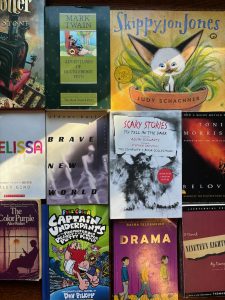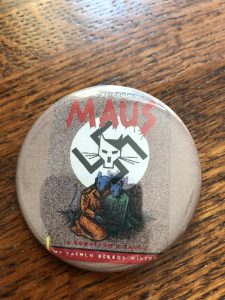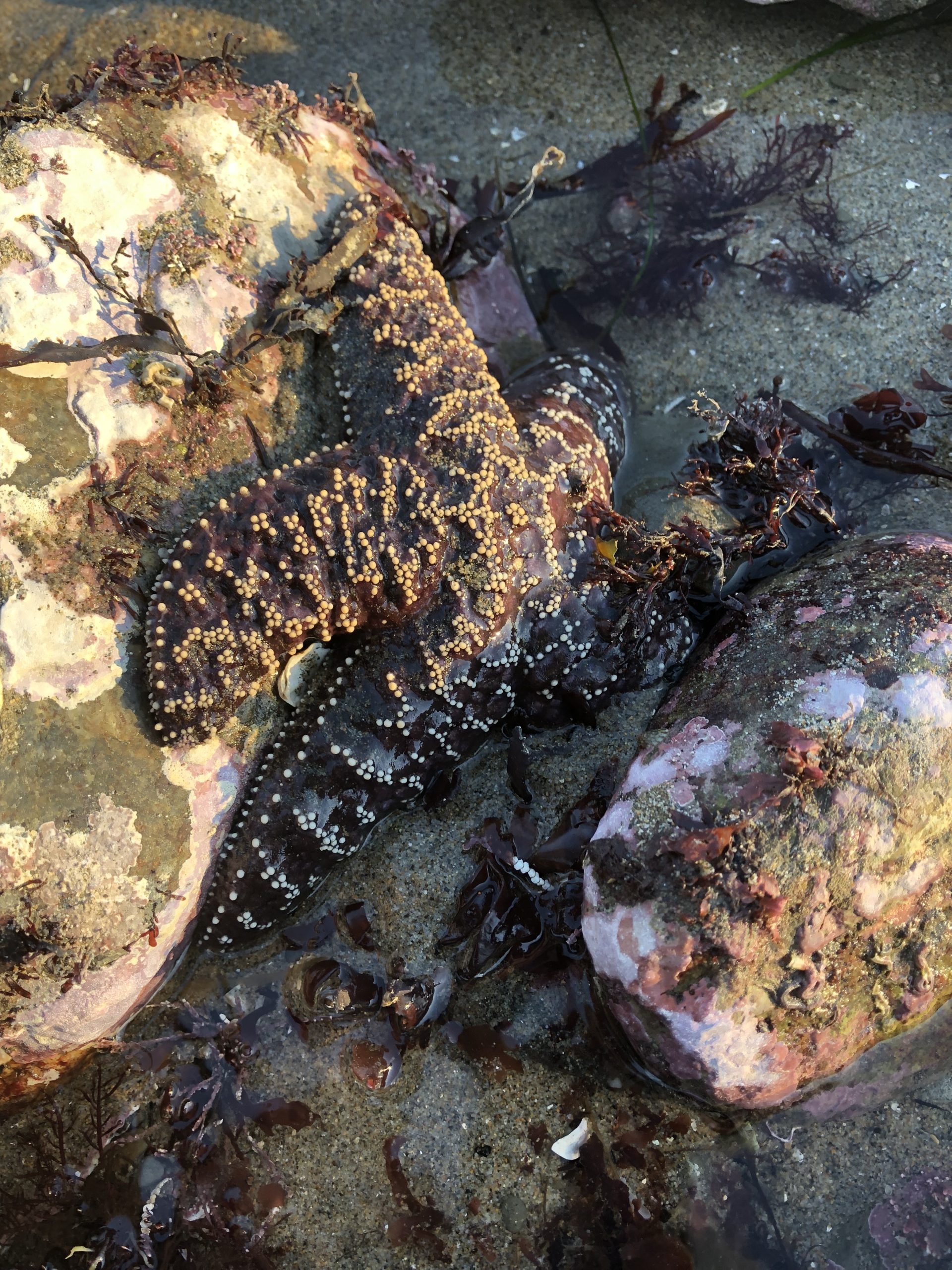
Considering all of the posts on our class blog about book banning lately, I thought it appropriate to explore how communities have responded to book challenges and the way in which people come together over such divisiveness. What does a hyperlinked community look like in the face of politicizing the free access of information?
Let’s start with an example from our class material, the YouTube promotional video montage of the “social experiment” that Leo Burnett Detroit* conjured for the Public Library in Troy, MI. By utilizing ye olde reverse psychology on society at large, a campaign was created to push people to react in favor of a tax that needed to be levied in order to keep the branch open. When faced with the horrifying prospect of closing the library and burning all of its books (glorified through fliers, merch. and yard signs), the community rose up and turned out to the voting polls to vote “yes” on the tax that would keep the library open, instead of vehemently opposing more taxation. Though this isn’t so much about book banning, the point here is that this campaign was able to reach a community of like-minded individuals through various means, which yielded a palpable result. A hyperlinked effort on the part of the campaign managers (i.e. Leo Burnett) to bring a community together and convince them to vote in favor of libraries.

One essential component in all of this is access to the internet. The “linked” in “hyperlinked” depends on it. This access is something that many of us take for granted, but is not always a given. Audra Williams, in her 2021 article, Libraries are Bridging the Digital Divide, points out that not even every local library has internet access. But by “turning their buildings into Wi-Fi transmitters,” libraries can offer the community “nearby digital access” or even “access the Internet from home as the wireless signal is boosted into their community.” This exemplifies a major way in which libraries are institutions that seek to connect society at large to unfettered information. Libraries linking communities.

Now let’s look at some book banning linkage. The New York Public Library has partnered with the ALA in defending free access to books, especially questioned ones. NYPL’s website touts the “Books for All” program, which provides “opportunities for teens across the country to access frequently banned books, participate in events, and exercise the freedom to read.” Did you know that teens aged 13 and up can borrow banned books through the “Teen Banned Book Club” without a library card? Their e-reader app provides access. Love!! They also host events with authors of challenged books, offer toolkits and host a teen writing contest, in which teens were asked “Why is the freedom to read important to you?” I absolutely adore when adults treat kids and teens like people.

Another initiative, through Unite Against Book Bans and the ALA, is the Read With Love movement, a PFLAG National campaign. By hosting events such as Drag Queen story times (seen above in a Maryland church) and book drives run by teens to support libraries who’ve come under fire from conservative book challenges, Read With Love reaches the community in myriad ways and also preaches not just an individual’s right to intellectual freedom, but emphasizes it with a message of love and acceptance.
Communities across the U.S. are voicing their support for the Freedom to Read, and not unlike the example from Troy, MI, they are doing it in response to vehement opposition. Whether online through access to e-reading or in person through donation or story time, people linked by the same vision of a democratic right to choose are exemplifying the idea of hyperlinked communities. I will end with the closing quote of the Freedom to Read Statement, which further supports this claim:
“Those with faith in free people will stand firm on these constitutional guarantees of essential rights and will exercise the responsibilities that accompany these rights.”
Footnote: * When I read the description for the video on YouTube, it stated, “…Leo Burnett Detroit decided to support the library by creating a reverse psychology campaign.” I was like, “who the heck is Leo Burnett?” Upon further investigation, I found that they are a quite swanky marketing firm with clients such as Lays and Fiat. So how did this little PL in Troy manage to get them on their side? Must’ve cost a lot of those dollars.
References
ALA. (January 23, 1996). The freedom to read statement. Office for Intellectual Freedom. https://www.ala.org/aboutala/sites/ala.org.aboutala/files/content/LBOR%20%26%20FTR%20Statement.pdf
Burnett, L. (Nov. 15, 2011). Save the troy library [sic] “adventures in reverse psychology.” [Video]. YouTube. https://www.youtube.com/watch?v=nw3zNNO5gX0
Henkel, J. (n.d.). Learning to read with love. United Against Book Bans. https://uniteagainstbookbans.org/learning-to-read-with-love/
New York Public Library. (n.d.). Books for All: Protect the Freedom to Read in Your Community. https://www.nypl.org/spotlight/books-for-all/nationwide
Williams, A. (March 17, 2021). Libraries are bridging the digital divide. Internet Society. https://www.internetsociety.org/blog/2021/03/libraries-are-bridging-the-digital-divide/
Images (top to bottom)
Laura Wecksler: all mine and my children’s books from the Top 100 Most Banned Books of 2010-2019 list.
Laura Wecksler: my banned book button.
New York Public Library: Screenshot, “Books for All”
Unite Against Book Bans: Screenshot, “Learning to Read With Love.”

@lauraw Nice to read this clearing house of what’s happening in the book banning adjacent space. What really troubles me is the division between what is happening in some states and what is happening in others. It hurts my heart to think about the young people that can’t experience the stories they should be able to as they grow.
@Michael Yes, it can be such a helpless feeling.
@lauraw 💯💔